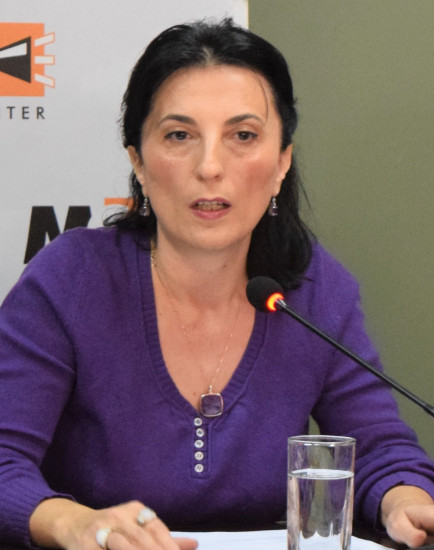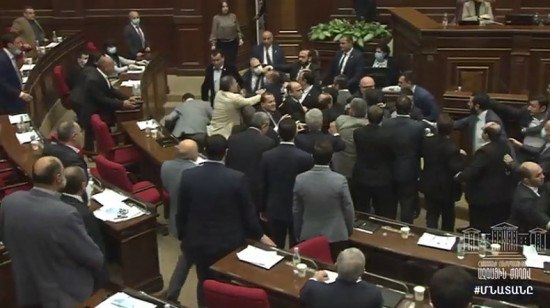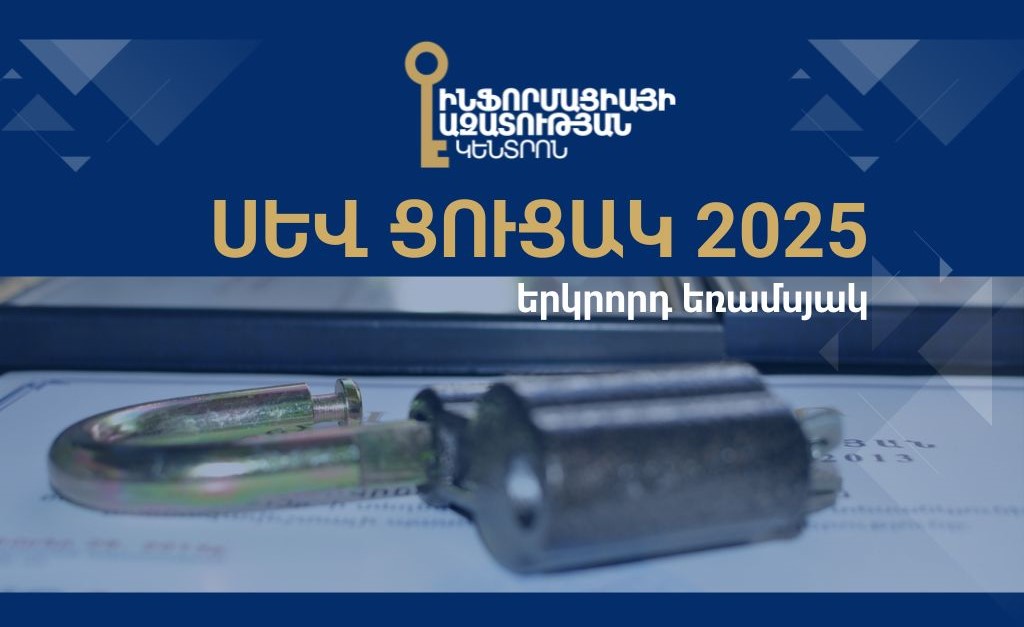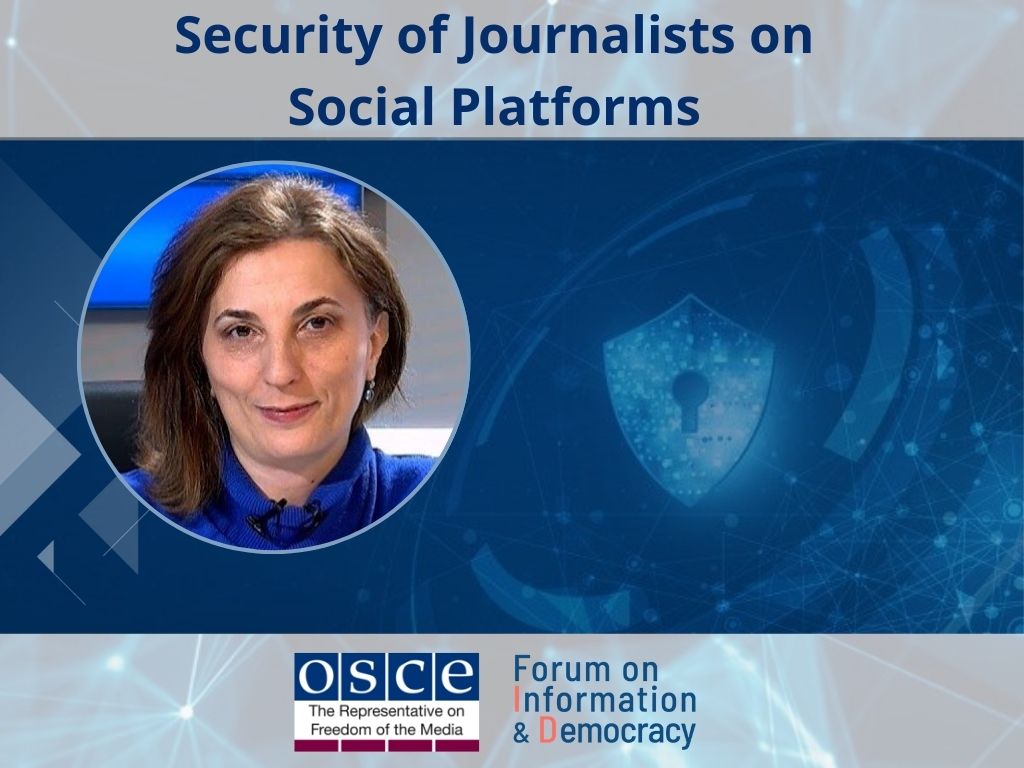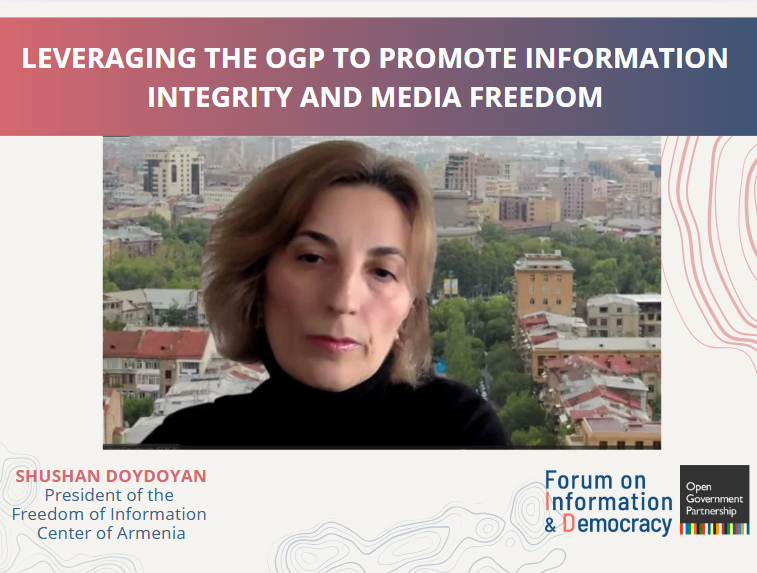On September 23 of this year with the publication “The convicted work better: “Freedom of Information Center of Armenia” has created a new tool for public reproach and encouragement” we presented the results of the analysis of “Freedom of Information in the Republic of Armenia: Monitoring 2011”.
The last such monitoring was held seven years ago. 250 written, oral and electronic information requests were sent to 50 establishments – ministries, all 10 regional administrations, mayors, hospitals, etc. 56% of the information requests received on-time full responses, which, according to the FOICA, is a good indicator. 30.4% of the information requests (76) were left unanswered. In order to receive information the FOICA sometimes takes it to court. This was the case with mayors of Elpin village and the city of Stepanavan. During this monitoring these two municipalities were among the best performers. The village municipality of Oshakan had also worked well.
As for the regional administrations, best results were received from regional administrations of Kotayk, Shirak and Syunik. From ministries, the best ones were the Ministry of Education and Science and the Ministry of Justice.
The national Assembly, which changes its spokesperson quite frequently, was among the worst performers. From five information requests two were answered with a delay of a month and 16 days, one information request received an incomplete response, one received an unjustified refusal and one received a mute refusal.
The results of the monitoring are posted on the website of “Freedom of Information Center of Armenia”. Besides, with the co-financing of OSCE Yerevan Office and USAID Armenia the FOICA has made a book from the analyses of “Freedom of Information in the Republic of Armenia: Monitoring 2011”, which today was presented to the public.
According to President of the FOICA Shushan Doydoyan, a book is longer lasting and provides more opportunities for use. “First thing that we will do is to send the book to all those 50 organizations, which were included in the monitoring, so that they read it, see their shortcomings and come to conclusions. Second, the book will be sent to all the political powers that are preparing for the elections. The book has a separate section of “Suggestions” – what should be done to improve freedom of information in Armenia. We will send it, so that they include our suggestions in their pre-election programs, so that freedom of information becomes a part of the electoral campaign”.
Aram Zakaryan


